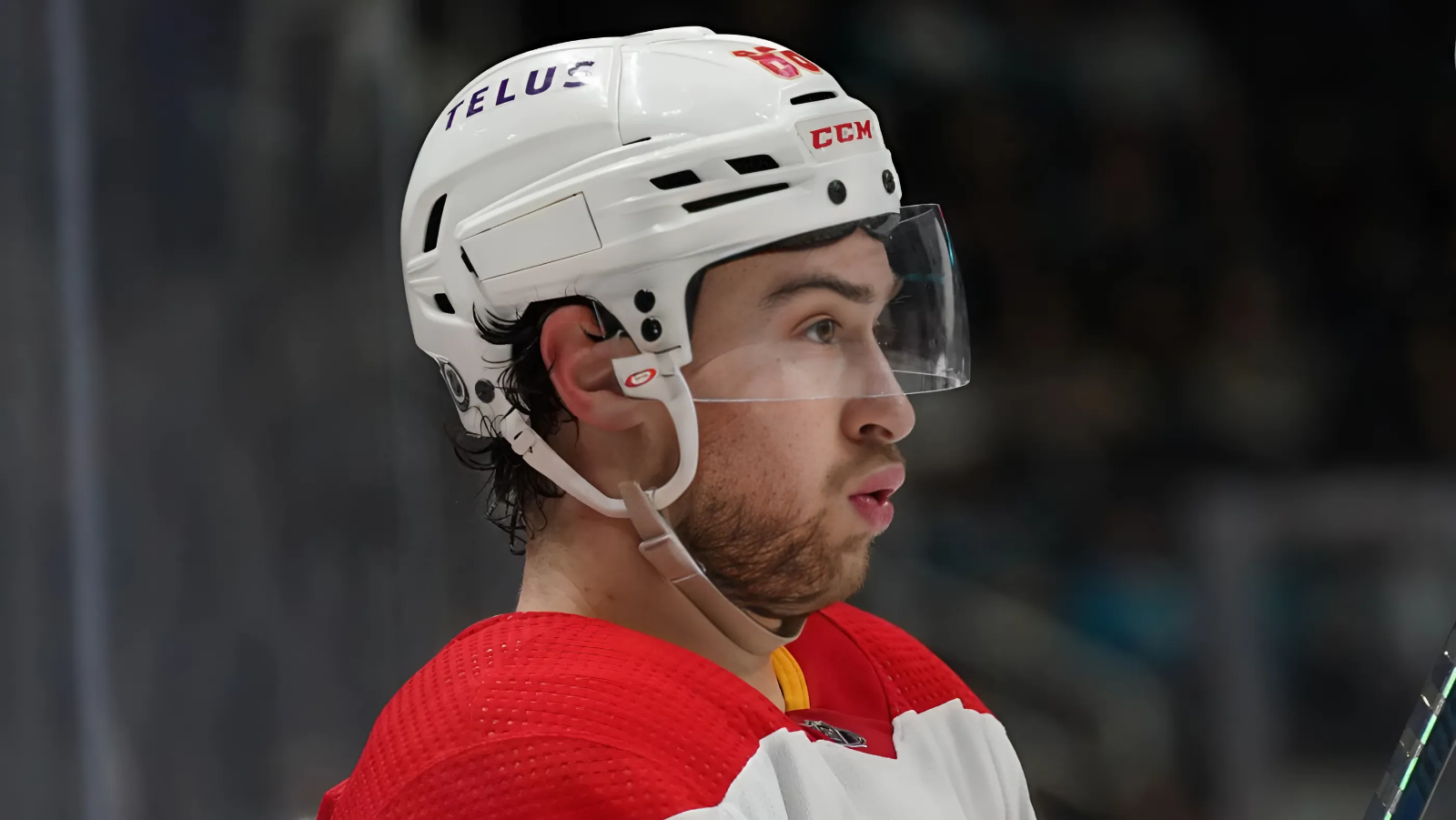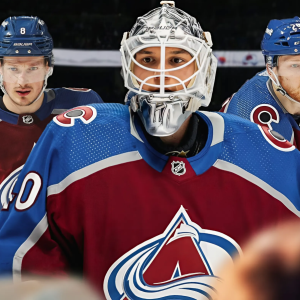There’s still plenty of time for NHL teams to sort out their active rosters and salary cap pictures this summer. After all, teams can exceed the $88M upper limit by up to 10 percent during the offseason, and training camps are still nearly two months away.
Still, this year’s early July rush means that all the notable contracts for this season, at least in terms of salary cap impact, have likely already been handed out. It’s left a handful of teams with projected rosters that sit over the cap or, in one very peculiar case, right at it.
These teams must use a mix of long-term injured reserve placements, trades, and waivers to become cap-compliant before opening night. Per PuckPedia, here are the teams currently pacing to boast a projected cap hit above $88M.
Washington Capitals
($98.27M projected cap hit, $10.27M above upper limit)
The Capitals have been one of the league’s most active teams this summer, making a pair of impact additions up front with Pierre-Luc Dubois and Andrew Mangiapane. They also reshaped their blue line, shipping out serviceable veteran Nick Jensen as part of a package to the Senators to pick up the younger, higher-upside Jakob Chychrun while also replacing Jensen’s shutdown role in free agency with the signing of Matt Roy.
They also went for cost-effectiveness with their goaltending duo, shipping out Darcy Kuemper and his $5.25M cap hit to the Kings in the Dubois trade before acquiring serviceable tandem netminder Logan Thompson from the Golden Knights, who carries a cap hit of just $767K.
These moves have still left them with a handful of bloated deals for their veterans. But the biggest one of them all won’t be an issue. 36-year-old Nicklas Backström is entering the final season of his five-year, $46M deal with a $9.2M cap hit, but he’s not expected to play again due to lingering hip issues.
While many teams will look to avoid using LTIR to be cap-compliant to start the season, the Caps won’t be one of them. Bäckström will remain there as he did last season, but placing him on LTIR won’t be enough on its own to bring Washington’s total projected cap hit back under $88M.
They’d still need to clear a little over $1M in space, which begs the question of T.J. Oshie’s health. The 37-year-old winger is also entering the final season of his contract at a $5.75M cap hit, and a wide variety of injuries limited him to 52 games last season. As of earlier this month, Oshie said he hasn’t found a long-term solution to his recurring back issues that would allow him to comfortably play in 2024-25.
If nothing changes between now and September, Oshie could also land on LTIR, making them cap-compliant for opening night. But Washington would need to be reasonably confident that he’ll miss the entire campaign to avoid making any other cap-shedding moves, as they’d need to have space to activate him off LTIR if he becomes healthy enough to return to play.
Vegas Golden Knights
($91.64M projected cap hit, $3.64M above upper limit)
Unlike the Capitals, the Golden Knights were conservative in their offseason moves. Their cap crunch forced them to walk away from key offensive contributors Jonathan Marchessault and Chandler Stephenson, among others, and their UFA pickups were limited to reclamation project-type pickups such as Victor Olofsson and Ilya Samsonov.
But like Washington, LTIR is Vegas’ only clear path to cap compliance in September. The status of 33-year-old netminder Robin Lehner remains a relative mystery as he enters the final season of his contract with a $5M cap hit. He hasn’t played the last two seasons after undergoing hip surgery and hasn’t been seen with the team during that time.
General manager Kelly McCrimmon said in May that it’s likely Lehner will return to LTIR this fall. This would give the Knights about $1.36M in space in an LTIR pool with a full 23-man roster, as projected by PuckPedia.
Philadelphia Flyers
($88.83M projected cap hit, $830K above upper limit)
LTIR is a good safeguard for teams who need it to be cap-compliant, but it’s not ideal. Teams who utilize it don’t accrue cap space throughout the season, significantly limiting their flexibility come deadline day.
The Flyers have one LTIR-eligible contract in defenseman Ryan Ellis ($6.25M cap hit through 2027). They also have Ryan Johansen signed at a $4M cap hit next season, and his playing status is in doubt due to a hip injury that surfaced after they acquired him from the Avalanche at last year’s deadline. Unfortunately for them, if Johansen remains injured, they also can’t send him to the minors to knock $1.15M off his cap hit. They attempted to do so last year, but it was reversed by the league after his injury came to light.
But notably, they don’t have any league-minimum contracts projected on their active roster to start the campaign, per PuckPedia. Their cheapest one is Tyson Foerster’s entry-level contract, which boasts a cap hit of $863K. Thus, just one AHL assignment would be enough to make them cap-compliant without placing either Ellis or Johansen on LTIR. There aren’t any obvious candidates, though, as Foerster is coming off a 20-goal campaign and was one of their top two-way forwards last season.
The trade of a depth forward, such as 25-year-old pivot Ryan Poehling ($1.9M cap hit through 2026), could be something to watch for if general manager Daniel Brière decides he wants to stay out of LTIR.
Edmonton Oilers
($88.35M projected cap hit, $354K above upper limit)
Unlike the other teams on this list, the Oilers still have some offseason business to handle. RFAs Philip Broberg and Dylan Holloway need new deals, meaning this projected cap hit is artificially low.
Also unlike the others, Edmonton doesn’t have an LTIR-bound contract next season. Considering PuckPedia’s projection above uses a roster size of 21, warranting them only one extra skater, a cap-clearing trade is coming for Edmonton sometime before the puck drops in October.
The most obvious candidate to move is defenseman Cody Ceci, who’s on an expiring contract with a $3.25M cap hit. It would cost fewer assets to ship out than oft-injured winger Evander Kane, who’s locked in at a $5.125M price tag for two more years. And with Ceci averaging north of 20 minutes per game for the last three seasons in Edmonton, they might be able to dump him for future considerations without attaching a draft pick to get out of his deal.






